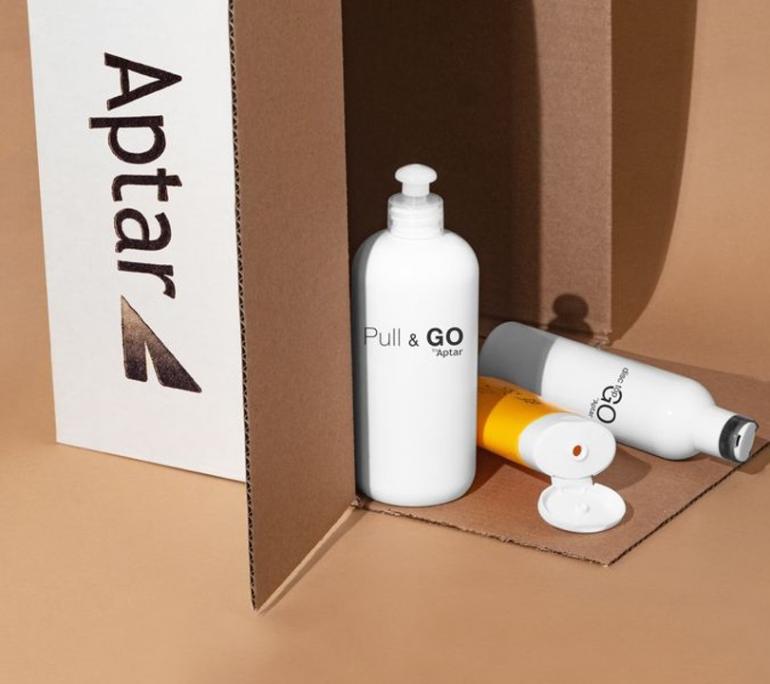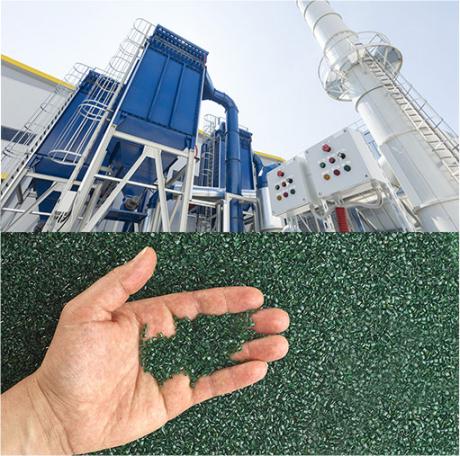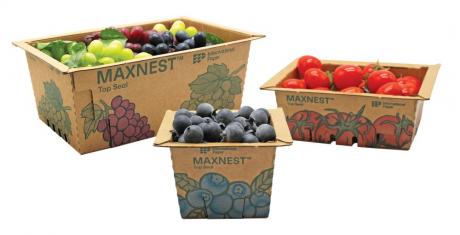US-based Aptar Closures provides dosing, dispensing and protective packaging technologies for the world's leading brands, delivering highly functional packaging solutions that help them achieve their sustainability goals.
Aptar Closures uses its exceptional in-house expertise, consumer insights and industry partnerships to design, manufacture and market solutions that enhance the consumer experience while creating growth opportunities for brands. In addition to creating memorable consumer experiences, the company is committed to developing innovative solutions that help brands achieve their sustainability goals without compromising on quality or performance.
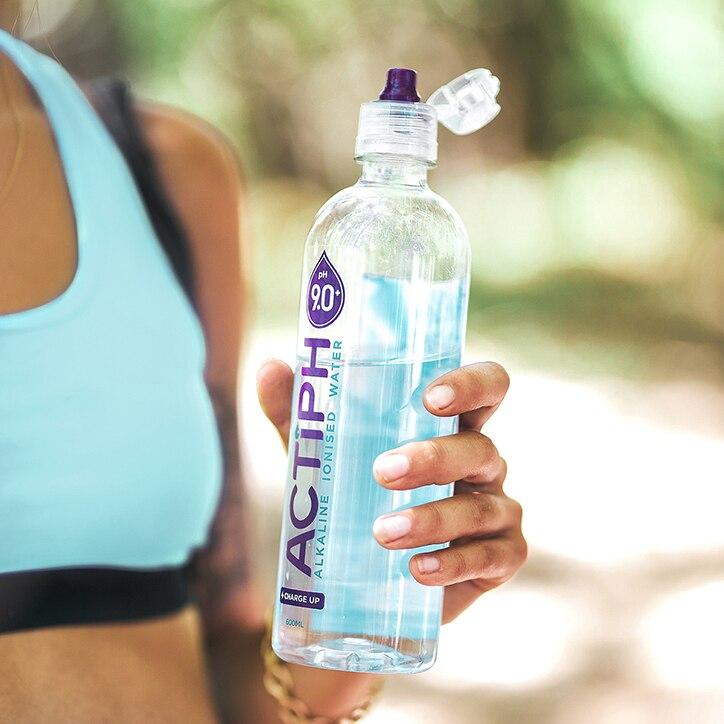
The Rocket sports cap is an example of the company’s commitment and drive to develop innovative and sustainable solutions that enhance the consumer experience. ACTIPH Water, the first alkaline ionised bottled water in Europe, chose Aptar Closures’ Rocket sports cap for its unique, highly visible, tamper-evident closure. This tethered system is designed for easier recycling and complies with the Single-Use Plastics (SUP) directive for beverage closures in Europe. Rocket helps ACTIPH Water to meet consumer expectations in terms of safety and drinking experience, while also responding to the increasing market demand for companies to offer fully recyclable solutions.
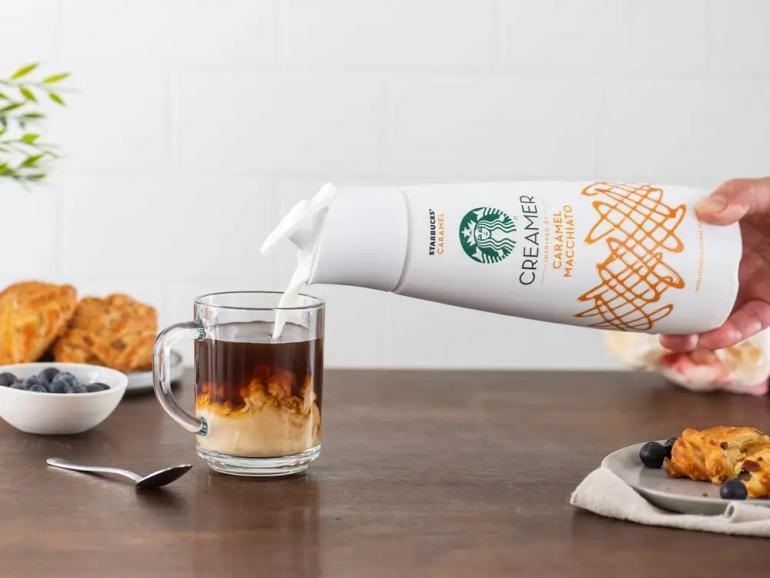
The customer-centric approach also led to a close collaboration with Starbucks and Nestlé to develop the dispensing closure for one of their latest coffee creamer lines. The US company used its experience in disc top closures, creamer packaging, consumer insights and industry relationships to help them meet their aggressive speed-to-market requirements. The custom two-piece closure enhances convenience with its unique press-to-open feature that allows consumers to use it with one hand. It is an attractive and highly functional solution that results in a clean product cut and strong shelf appeal. The closure has been optimised to be as light as possible while maintaining high performance and recyclability.
Innovation and sustainability are also critical in the design and manufacture of dispensing closures that can withstand the harsh conditions of the e-commerce supply chain. Brands and retailers often use excessive tertiary packaging to protect packages from breaking or leaking during transit. As well as creating an unpleasant unpacking experience for consumers, tertiary packaging creates waste as it is not always recyclable and is often thrown away by consumers. By rethinking primary packaging for the e-commerce supply chain, brands can reduce overall packaging waste, energy consumption and damaged products. It can also help brands significantly reduce costs associated with shipping damage, contributing to downstream savings and bottom-line efficiencies to try to mitigate the effects of current human activity on the environment.
